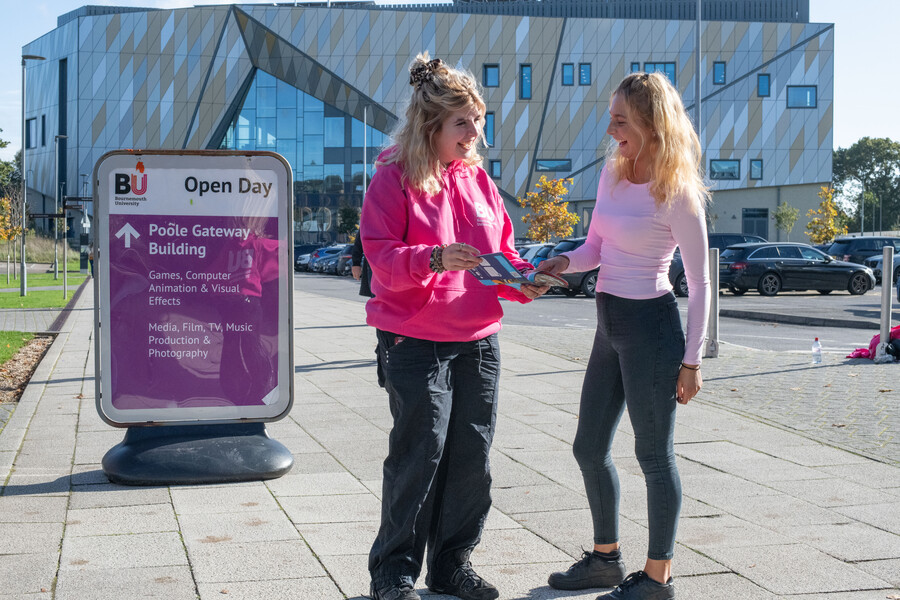With your chosen university course being something, you’ll study for the next three to four years, as you can imagine, it’s a pretty big decision. But don’t be alarmed; there are ways to make this decision easily, like this blog! Here we’ll outline how to choose your university course, how to narrow it down and also what to do if you think you may have made the wrong decision.
What Degree Should I Do?
There are thousands of university degrees to choose from, from marketing to gaming, law to psychology. The first step is choosing a degree that matches your interests, strengths, passion and career aspirations – after all, you are going to be the one studying, so make sure it’s something you love!
Here are some questions to help you choose the right subject:
- What are you currently studying?
For the sake of this blog, we’ll assume that you are currently studying subjects that you want to make a career out of. Luckily, I’ve known that I’ve always wanted to go into marketing, so I chose to study business at A Levels to kickstart that dream.
Let’s say you don’t vibe with what you are currently studying, what other areas of your industry could you follow on to? Such as for business, you don’t necessarily have to go into marketing. There are HR roles, finance roles or even starting up your business venture. If you are wanting to study a completely different course, take a look at the entry requirements to check your qualifications match what the course requires so you have the best chance of success when receiving those university offers.
- What job do you see yourself in in the next 5 to 10 years?
Next, you should spend a little bit of time thinking about what role you could see yourself in. Maybe you’ve made a mood board of science labs and experiments or television sets and fancy cameras. It’s all about picking the best course that will help you achieve those goals.
- Broad or specialised?
The good thing about my degree has been that although it’s quite broad, throughout the years I’ve had the opportunity to specialise in a certain area of ‘business’ by choosing module pathways. This can be great if you aren’t sure what you want to study. Or on the flip side, you could specialise in a certain industry such as Aerospace Engineering if you are lucky enough to have it all figured out.
Attend University Open Days!
Once you’ve got your course covered, it’s now choosing where to study it! Whether you want to go to a certain university because a family member studied there or they happen to be ranked the ‘best’ for the course you’re interested in, it’s also wise to do your research to tick off some concerns:
- Is the course I want to do available?
- Will I need to move away from family and friends?
- Will I be able to afford to live in student accommodation?
- Can I see myself living, studying and working here… this brings me nicely on to my next point.
Open Days!
Attending these days designed for you will help you answer the last question. On your visit you’ll have the opportunity to do campus tours, accommodation tours, speak to lecturers and students on the course and potentially meet your new classmates. Seeing a university in real life makes a huge difference. If you have any questions, don’t be afraid to ask them, the answer may even persuade you to enrol at the uni.
Check out our undergraduate open days here!
Can I change my university course during or after first year?
If you started your university course and realised it’s not the right fit, don’t panic. It’s more common, you think, and for that reason, university tends to be quite flexible with new students. There are two scenarios to consider. You’ve either just recovered from your first week of moving to uni, and now when it’s come to attend the lectures you’re realising the course is not the one for you, or after your first year you’ve had a change of heart about where you see yourself working in the future. Whether you’re the first or the latter, here’s how it works –
Changing during first year –
- Firstly, do you meet the entry requirements for the new course you would like to enrol on? Switching to another similar course is a lot easier.
- It makes it more difficult when you are wanting to change the course that has no relation to each other!
- You must remember too that courses don’t have an unlimited amount of space, so if the course is full, it’s very unlikely that your request will be approved.
- Speak to your head of department to let them know of your intentions and they’ll help with the process of your course switch.
Changing course after first year –
- This is where it gets slightly more difficult.
- Again, if you are wanting to complete an entirely different course it may be likely that you’ll be asked to complete first year again.
- If you are looking at a completely new course, you may need to write a new personal statement and have an interview as to why you want to join on to the course, this can be a question for your universities admission team so don’t be afraid to reach out.
- Just remember! Changing courses may affect your student loan. before making the decision, check your entitlements and what may change.
Choosing a degree is a big decision, but not one that is necessarily set in stone. Do your research, attend open days and reach out for help when the course isn’t completely right for you is so important to ensure you still enjoy your university experience.


 A first time guide to applying to university
A first time guide to applying to university How I chose my Media degree
How I chose my Media degree How do I know if uni is for me?
How do I know if uni is for me?








